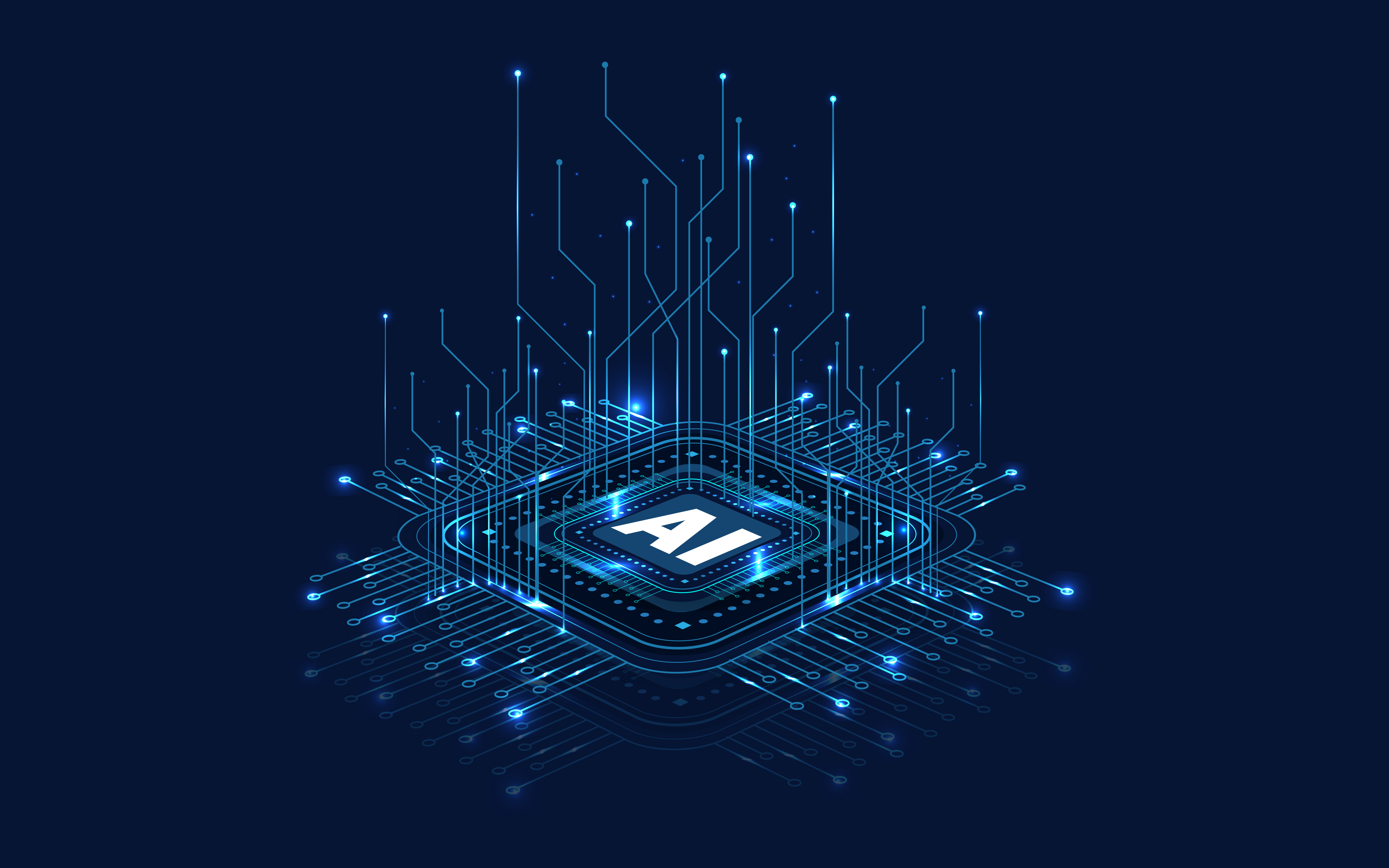AI's Wild Frontier: Government Watchdog Calls for Urgent Policy Overhaul

In a groundbreaking report, the Government Accountability Office (GAO) has shed light on the complex landscape of generative artificial intelligence, highlighting critical human and environmental challenges that demand immediate governmental attention. The comprehensive analysis explores the potential risks and transformative impacts of this rapidly evolving technology.
The report delves deep into the multifaceted concerns surrounding generative AI, examining not just the technological implications, but also the profound ethical and environmental consequences. From potential workforce disruptions to privacy concerns and ecological footprints, the GAO's findings underscore the urgent need for strategic governmental oversight and responsible innovation.
Policymakers are now faced with the critical task of developing comprehensive frameworks that can effectively manage and mitigate the risks associated with generative AI. The report suggests a proactive approach, emphasizing the importance of creating adaptive regulations that can keep pace with the technology's rapid advancement.
As generative AI continues to reshape industries and societal norms, the GAO's insights provide a crucial roadmap for navigating this complex technological frontier. The recommendations aim to balance technological progress with human-centric considerations, ensuring that innovation serves the broader public interest.
